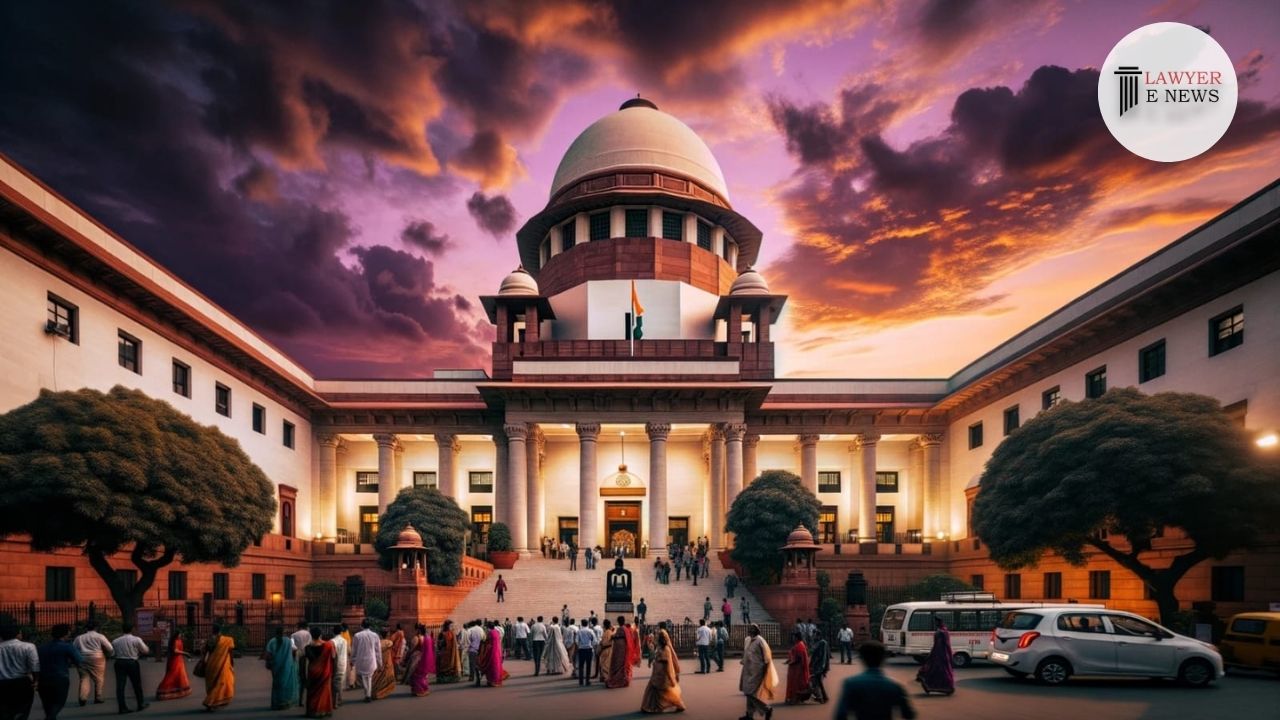-
by Admin
15 February 2026 5:35 AM



In a significant judgment, the Supreme Court of India has modified the conviction of Shahid Ali from Section 302 (murder) to Section 304 Part II (culpable homicide not amounting to murder) of the Indian Penal Code (IPC). This decision underscores the critical distinction between an act committed with the intent to murder and an act resulting in death due to recklessness and negligence.
Facts and Issues: The appellant, Shahid Ali, was initially convicted under Section 302 IPC and Sections 25 & 27 of the Arms Act for fatally shooting a person during a marriage ceremony. The key legal issue revolved around whether Ali's actions constituted murder (Section 302 IPC) or culpable homicide not amounting to murder (Section 304 Part II IPC).
The Court noted the absence of an intention to kill or prior enmity between Ali and the victim.
Despite eyewitnesses turning hostile, the Court considered the totality of circumstances and existing jurisprudence, focusing on the recklessness and negligence of Ali's actions in a crowded place.
The Court drew upon precedents like Kunwar Pal Singh v. State of Uttarakhand and Bhagwan Singh v. State of Uttarakhand, emphasizing the grave consequences of negligent handling of firearms in public gatherings.
It was established that Ali's act of celebratory firing, though not intended to kill, was sufficiently dangerous to constitute culpable homicide under Section 299 IPC.
Decision: The Supreme Court set aside the conviction under Section 302 IPC and instead convicted Ali under Section 304 Part II IPC, sentencing him to the period already undergone in prison. The convictions and sentences under the Arms Act remained unaltered.
Date of Decision: March 11, 2024
Shahid Ali vs The State of Uttar Pradesh
